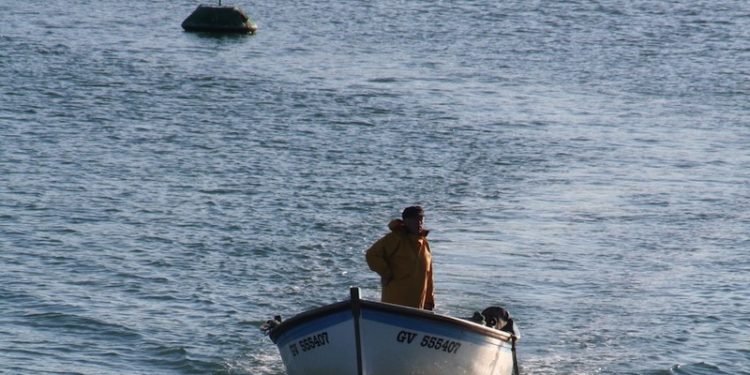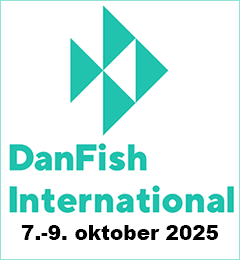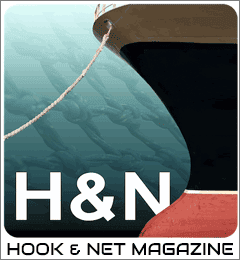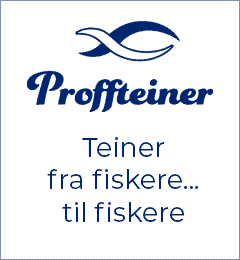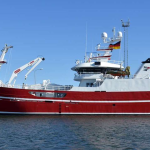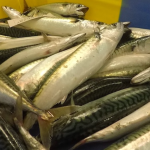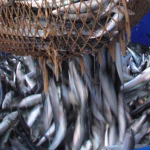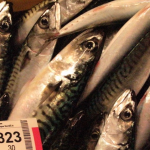Following the overwhelming vote in the European Parliament to ban the use of electric pulse beam trawling, LIFE’s Executive Director, Jerry Percy stated that ‘it is so important to reiterate yet again that our resistance to the use of electric pulse fishing was not based on ‘fake news,’ jealousy between fishermen or NGO dogma.’
He said that this was a direct result of the numerous first hand observations of other commercial fishermen from the UK, Belgium, France and even the Netherlands as these mainly inshore fishermen highlighted the massive negative impact that these boats have had.
‘As the representative body for small scale fishermen across Europe, LIFE has a responsibility to accurately reflect their concerns and fight for their survival,’ he said.
‘When these fishermen were reporting the dramatic loss of not just commercial fish stocks but also negative impacts on almost every other form of life on and in the R03;seabed, we were duty bound to take notice and support them in their cause. When it became increasingly clear to MEPs and many others that electric fishing had some serious and unacceptable downsides then no amount of quasi science and bluster was going to fool them for long.’
‘There is also no doubt that using the cloak of ‘research’ while at the same time operating a massive commercial undertaking with close on a hundred very large electric beam trawlers running rampant across the southern North Sea was never going to survive the glare of publicity for very long.’
Jerry Percy said that at an initial meeting with Dutch pulse interests where they talked about closed areas to their trawlers, LIFE suggested that if the method was so harmless then they should keep it confined to Dutch waters only until they could prove it so.
‘Neither the Dutch or their colleagues in the National Federation of Fishermen’s Organisations supported this suggestion and at a subsequent meeting where LIFE was excluded, a deal of sorts was agreed. One UK fisherman participant described the meeting as nothing more than a PR job and likely to follow the same result as a similar meeting four years ago when the Dutch identified some closed areas, and then simply completely ignored the agreement.’
According to LIFE, there is an increasing recognition of the value of integrating first hand observations by fishermen into the wider scientific evaluation of fisheries.
‘This instance is a case in point and it is particularly worrying that the NFFO will still not support local UK fishermen’s demands for a full ban on this method,’ he said, commenting that fish should be an entirely renewable resource, harvested sustainably for the benefit of fishermen, fishing communities and the wider public.
‘LIFE’s purpose is to ensure that as many fishermen as possible can make a living, rather than a few make a fortune. Electric pulse fishing was the opposite of this aspiration and we are immensely grateful to all of these who contributed to this overwhelming vote for common sense and a sustainable future.’

